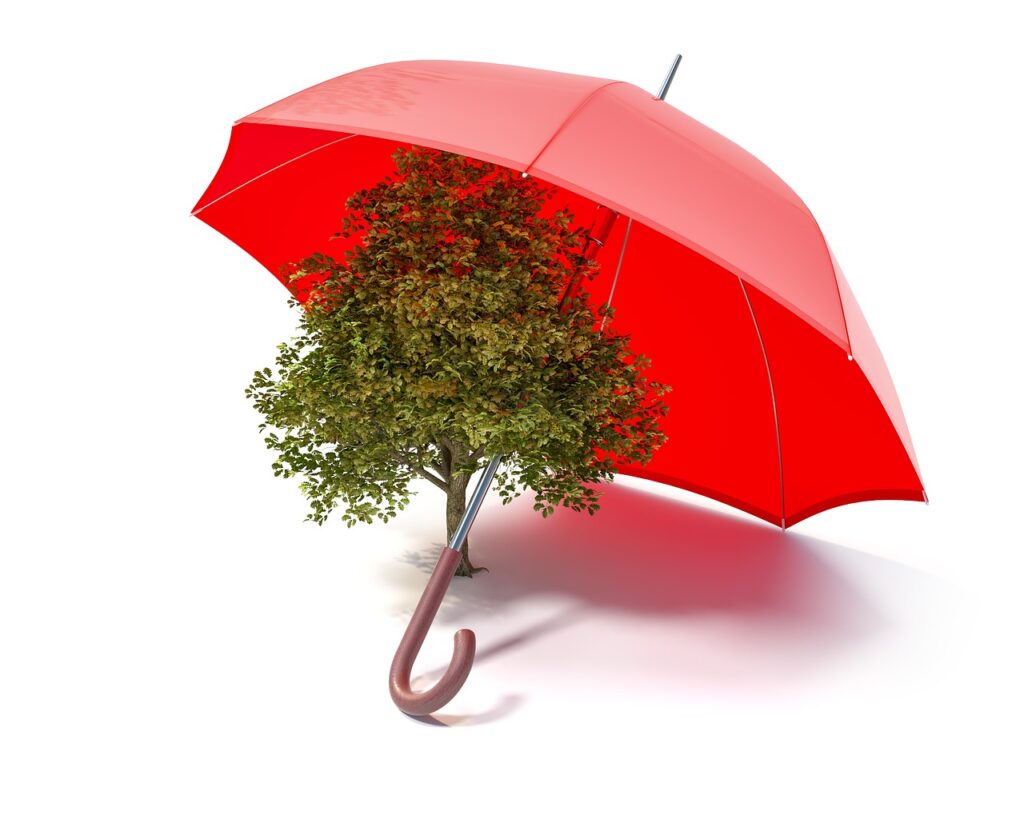Introduction:
The increasing awareness of the environmental impact of single-use plastics has led to a global movement towards reducing or even banning these convenience-driven products. While the primary focus of such measures is the preservation of the environment, it is essential to consider the economic implications that come with these changes. This article examines the economic consequences of reducing or banning single-use plastics and highlights reusable bags, or gbags, as a sustainable solution that can address both environmental and economic concerns.
1. Transition Costs for Industries:
Reducing or banning single-use plastics can pose initial transition costs for industries that heavily rely on plastic packaging. Manufacturers may need to invest in alternative materials and production processes, which could result in short-term financial burdens. However, the long-term benefits of sustainable practices, such as reduced waste management costs and increased consumer support for environmentally responsible brands, can help offset these initial expenses.
2. Job Creation in Sustainable Industries:
The shift away from single-use plastics opens up opportunities for job creation in sustainable industries. The production and distribution of reusable bags, biodegradable alternatives, and eco-friendly materials can lead to the growth of green sectors, generating employment and stimulating economic activity.

3. Increased Demand for Eco-Friendly Products:
As consumers become more environmentally conscious, there is a growing demand for eco-friendly alternatives to single-use plastics. This shift in consumer behavior can drive businesses to innovate and offer sustainable products and packaging. Gbags, being a prime example of a reusable and sustainable alternative, are likely to experience increased demand, encouraging further investment in their production and distribution.
4. Tourism and Brand Reputation:
Banning single-use plastics can enhance the reputation of countries or businesses as environmentally responsible entities. Sustainable practices and reduced plastic pollution can attract environmentally conscious tourists, bolstering the tourism industry and driving economic growth in regions that prioritize eco-friendly initiatives.
5. Reduced Environmental Cleanup Costs:
One of the significant economic benefits of reducing or banning single-use plastics is the potential reduction in environmental cleanup costs. Plastic waste management incurs substantial expenses for governments and municipalities. By curbing plastic pollution through sustainable alternatives like gbags, the financial burden of cleaning up plastic debris from landfills, oceans, and public spaces can be significantly reduced.
6. Export Opportunities for Sustainable Products:
Countries that successfully implement policies to reduce single-use plastics can create a market advantage for their sustainable products on the global stage. As more countries and consumers prioritize eco-friendly practices, there is a growing demand for sustainable products in international markets, leading to export opportunities and potential economic gains.
Conclusion:
While the economic implications of reducing or banning single-use plastics may raise concerns about transition costs and industry adjustments, the long-term benefits far outweigh the initial challenges. By embracing reusable bags, or gbags, as a sustainable solution, businesses and governments can effectively address both environmental and economic concerns.
Gbags offer a cost-effective alternative that reduces plastic waste, conserves natural resources, and minimizes the financial burden of waste management. Additionally, the growing demand for eco-friendly products presents opportunities for industries to invest in sustainable practices, creating jobs and fostering economic growth in green sectors.
The transition to a plastic-free future requires collaboration between businesses, governments, and consumers. By prioritizing sustainable practices and encouraging the widespread adoption of gbags and other eco-friendly alternatives, we can pave the way for a more resilient and prosperous economy while safeguarding the planet for future generations. The economic transformation towards sustainability is not only a necessity but also an opportunity to shape a better, greener, and more prosperous world for all.
